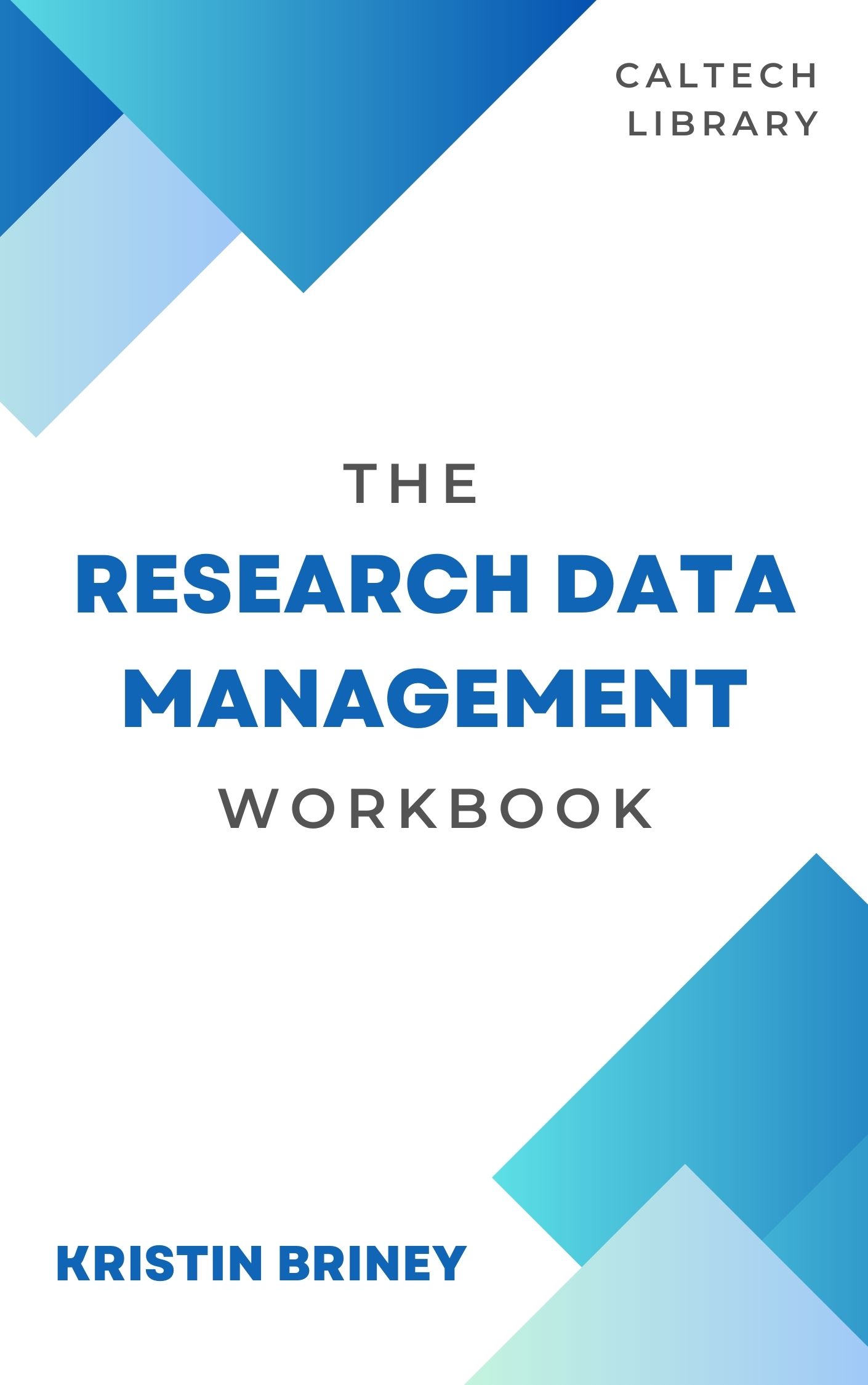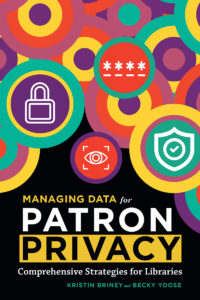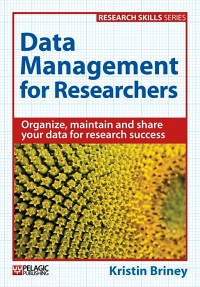It’s always nice to have new publications to put up on the blog, especially when they’re all things I’ve been working on for at least a year. If you’re interested in privacy and data and libraries, I hope you check them out!
Briney, Kristin, Becky Yoose, John Mark Ockerbloom, and Shea Swauger. “A Practical Guide to Performing a Library User Data Risk Assessment in Library-Built Systems.” Digital Library Federation, May 2020. http://doi.org/10.17605/OSF.IO/V2C3M.
Libraries collect data about the people they serve every day. While some data collection is necessary to provide services, responsible data management is essential to protect the privacy of our users and uphold our professional values. One of the ways to ensure responsible data management is to perform a Data Risk Assessment. A Data Risk Assessment is a process of identifying data the library collects about users, understanding how it manages that data, identifying the risks associated with that data, and then selecting an appropriate risk mitigation strategy.
Jones, K. M. L., Asher, A., Goben, A., Perry, M. R., Salo, D., Briney, K. A., & Robertshaw, M. B. (forthcoming). “We’re being tracked at all times”: Student perspectives of their privacy in relation to learning analytics in higher education. Journal of the Association for Information Science and Technology. https://doi.org/10.1002/asi.24358
Higher education institutions are continuing to develop their capacity for learning analytics (LA), which is a sociotechnical data‐mining and analytic practice. Institutions rarely inform their students about LA practices, and there exist significant privacy concerns. Without a clear student voice in the design of LA, institutions put themselves in an ethical gray area. To help fill this gap in practice and add to the growing literature on students’ privacy perspectives, this study reports findings from over 100 interviews with undergraduate students at eight U.S. higher education institutions. Findings demonstrate that students lacked awareness of educational data‐mining and analytic practices, as well as the data on which they rely. Students see potential in LA, but they presented nuanced arguments about when and with whom data should be shared; they also expressed why informed consent was valuable and necessary. The study uncovered perspectives on institutional trust that were heretofore unknown, as well as what actions might violate that trust. Institutions must balance their desire to implement LA with their obligation to educate students about their analytic practices and treat them as partners in the design of analytic strategies reliant on student data in order to protect their intellectual privacy.
Jones, K. M. L., Briney, K. A., Goben, A., Salo, D., Asher, A., & Perry, M. R. (2020). A comprehensive primer to library learning analytics practices, initiatives, and privacy issues. College & Research Libraries, 81(3), 570–591. https://doi.org/10.5860/crl.81.3.570
Universities are pursuing learning analytics practices to improve returns from their investments, develop behavioral and academic interventions to improve student success, and address political and financial pressures. Academic libraries are additionally undertaking learning analytics to demonstrate value to stakeholders, assess learning gains from instruction, and analyze student-library usage, et cetera. The adoption of these techniques leads to many professional ethics issues and practical concerns related to privacy. In this narrative literature review, we provide a foundational background in the field of learning analytics, library adoption of these practices, and identify ethical and practical privacy issues.




